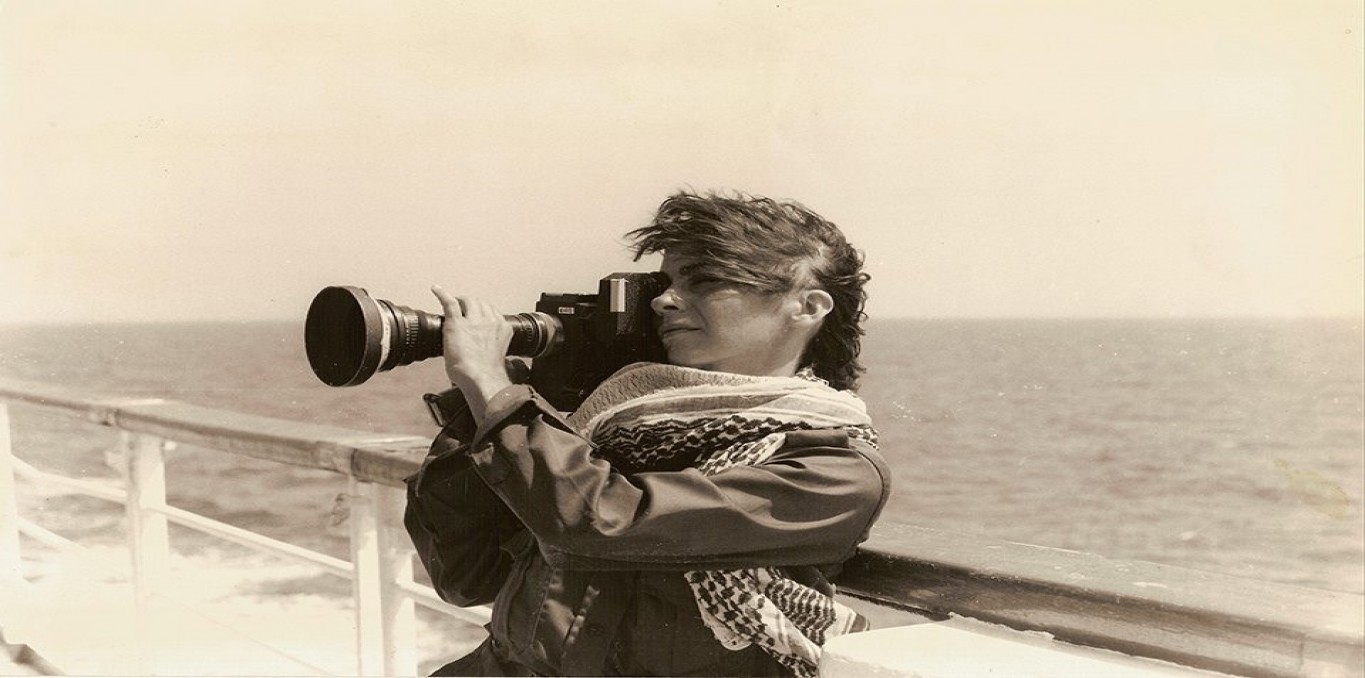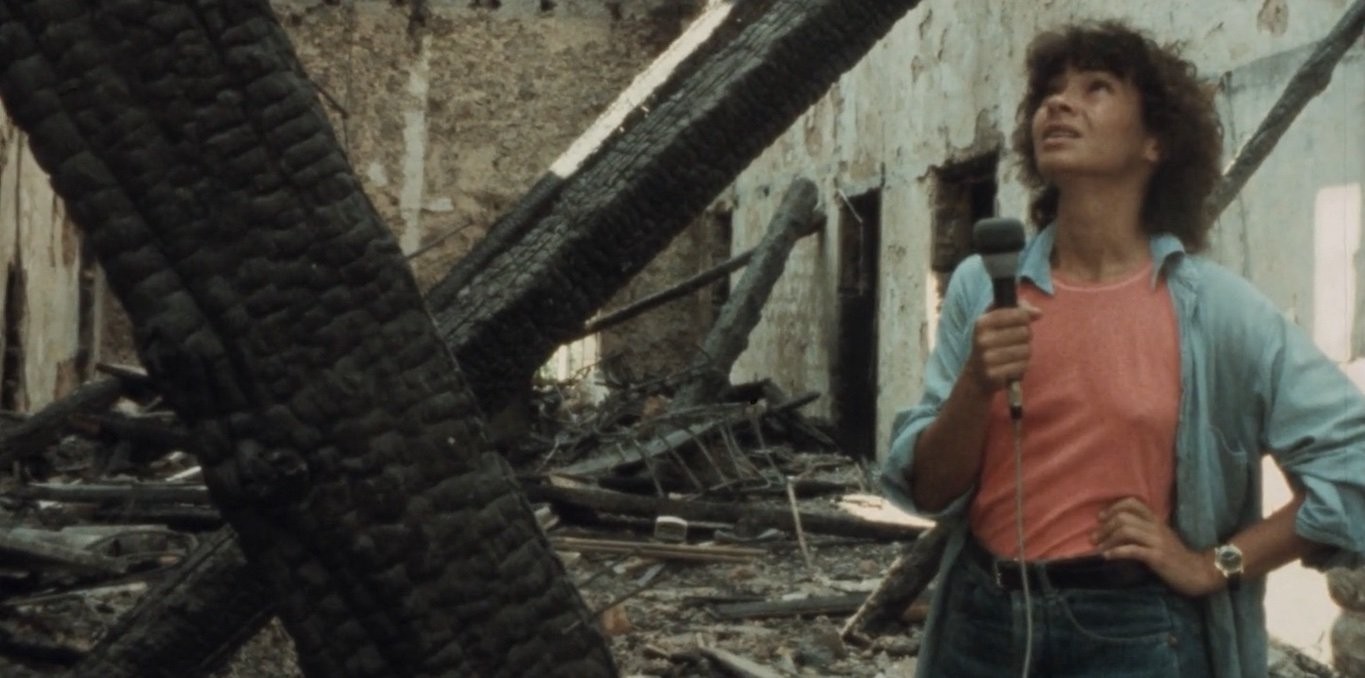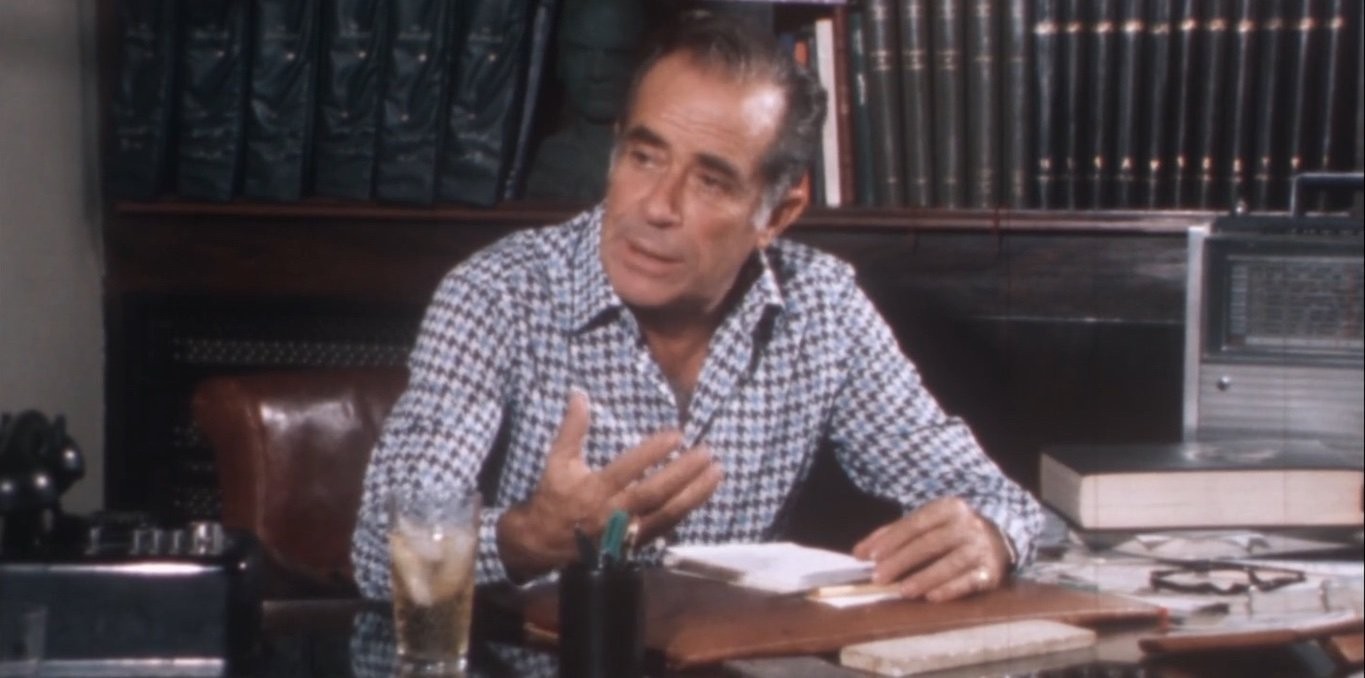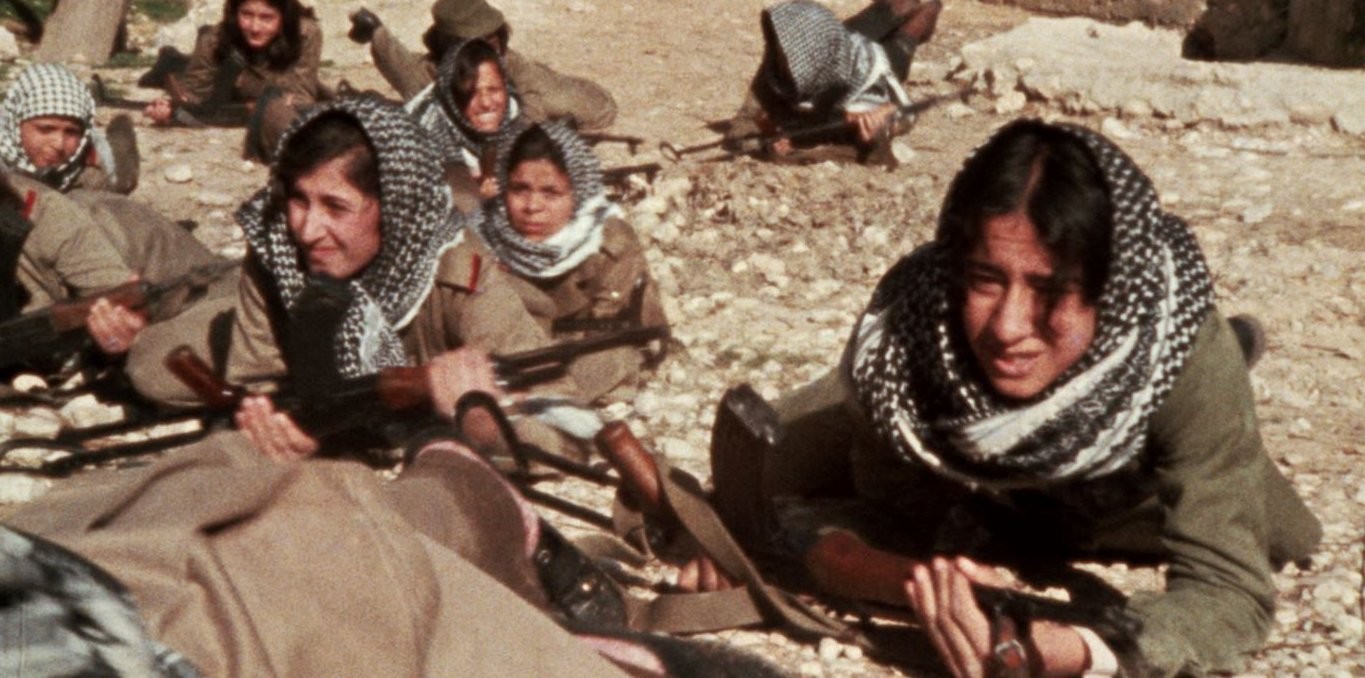Jocelyne Saab

Jocelyne Saab (1948-2019) was a Franco-Lebanese filmmaker, photographer, and visual artist born in Beirut. Initially interested in journalism, she joined France 3, which refused to let her speak about Palestinian women in 1974. She then decided to make her films independently. After directing more than a dozen films in Lebanon, she continued to travel around the region to report on the struggles of other peoples. In 1984, she shot her first feature film set in the heart of the Lebanese war, A Suspended Life, which was selected for the Directors' Fortnight at Cannes. She later directed Once Upon a Time (1994), followed by a series of documentaries on Egypt, and The Lady from Saigon (1997) on Vietnam. In the mid-2000s, she turned to contemporary art. Her last fiction film, What's Going On? (2009), was created in the poetic and deconstructed vein she developed after 2005. She continued to produce series of photographs and media installations until 2018.
Related to this realisator

Beirut, My City
Subscription access
In 1982, Jocelyne Saab's 150-year-old family home burns down. In tandem with the Lebanese playwright Roger Assaf, she decided to travel through her city, which was under siege by the Israelis, and to report on the situation in Beirut, the departure of the Palestinians and the incomprehension of the civilians who were suffering from the war.

For a Few Lives
Subscription access
Portrait of Raymond Eddé, a candidate in the Lebanese presidential elections and a staunch opponent of the sectarian war. During the 1975–1976 conflicts, he and his team actively searched for those who had gone missing in the war, whether Christian, Druze, or Muslim.

Palestinian Women
Subscription access
Filmmaker Jocelyne Saab gives a voice to Palestinian women, often overlooked victims of the Israeli-Palestinian conflict.

Letter from Beirut
Three years after the start of the civil war, the director returns to her city for a few months. Straddling a country at war and one at peace, she finds it hard to readjust to life. By restarting a bus when public transport was no longer available, she was able to bring a new sense of normalcy to the war-torn city: people boarded the bus, seeing it as a safe space.

Beirut, My City
Subscription access
In 1982, Jocelyne Saab's 150-year-old family home burns down. In tandem with the Lebanese playwright Roger Assaf, she decided to travel through her city, which was under siege by the Israelis, and to report on the situation in Beirut, the departure of the Palestinians and the incomprehension of the civilians who were suffering from the war.

For a Few Lives
Subscription access
Portrait of Raymond Eddé, a candidate in the Lebanese presidential elections and a staunch opponent of the sectarian war. During the 1975–1976 conflicts, he and his team actively searched for those who had gone missing in the war, whether Christian, Druze, or Muslim.

Palestinian Women
Subscription access
Filmmaker Jocelyne Saab gives a voice to Palestinian women, often overlooked victims of the Israeli-Palestinian conflict.

Letter from Beirut
Three years after the start of the civil war, the director returns to her city for a few months. Straddling a country at war and one at peace, she finds it hard to readjust to life. By restarting a bus when public transport was no longer available, she was able to bring a new sense of normalcy to the war-torn city: people boarded the bus, seeing it as a safe space.
